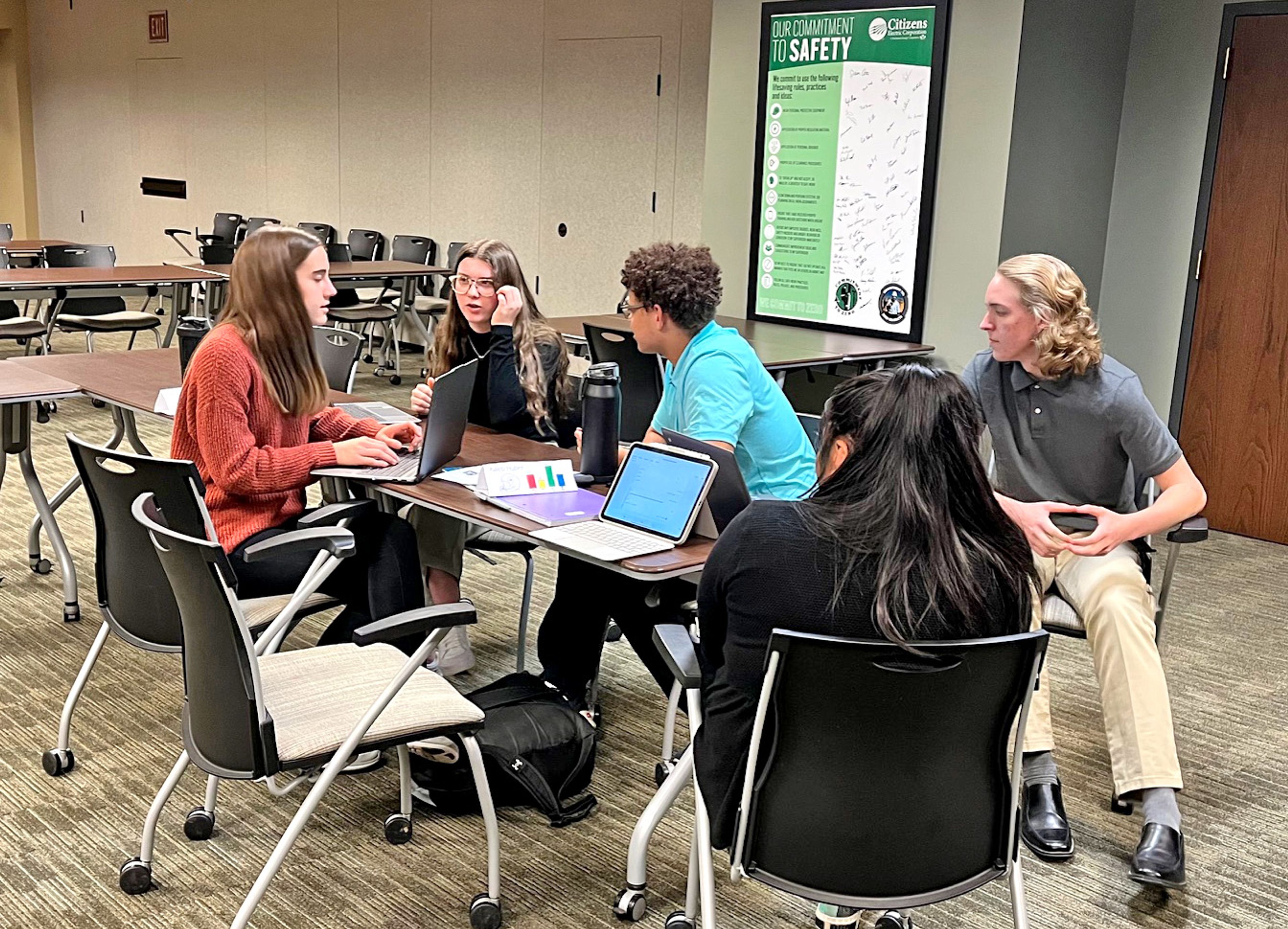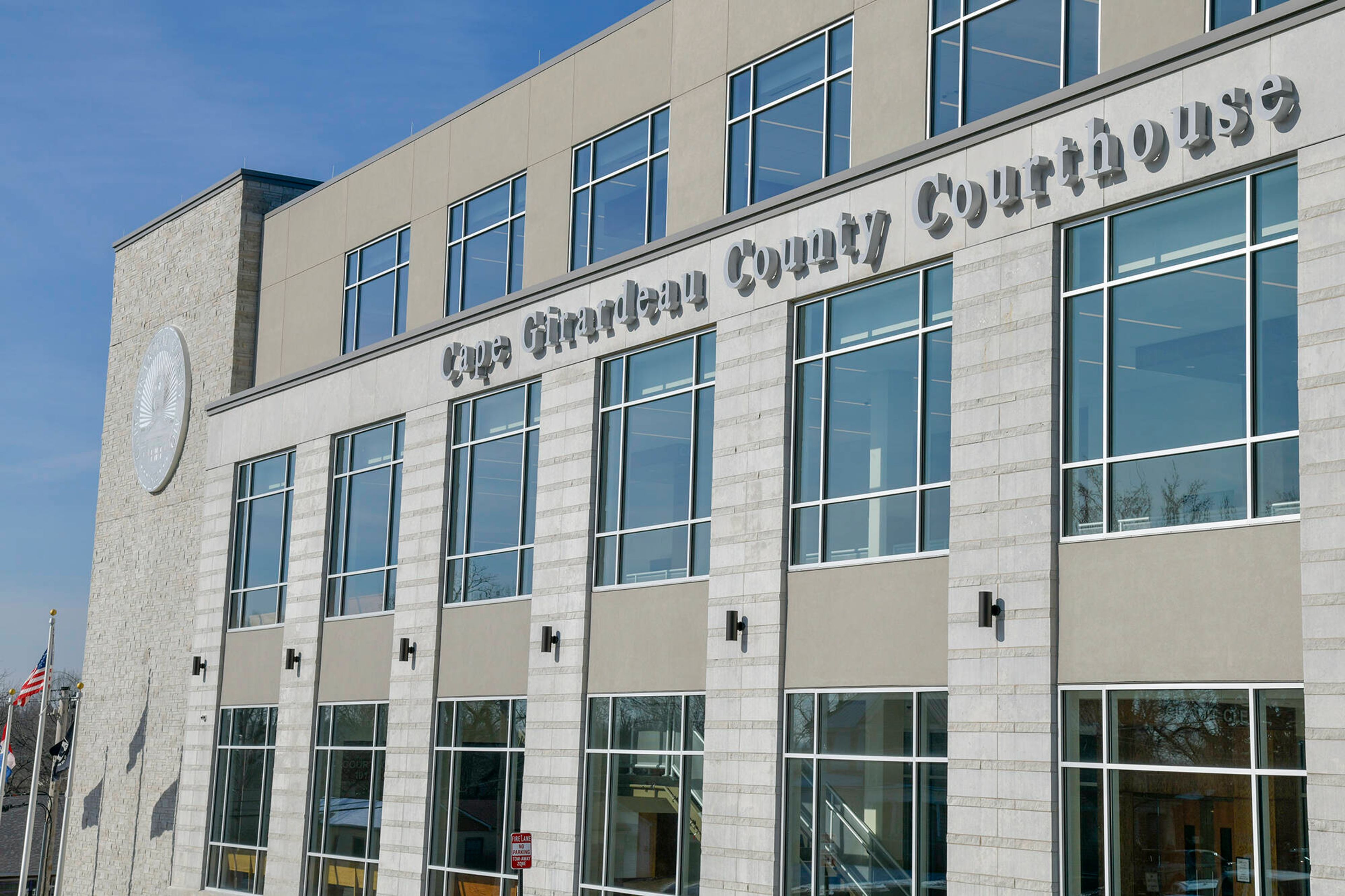Professors examine influence, roots of tea party on politics
In the past few years, political-science professor Jeremy Walling and former colleague Will Miller have delved into the tea party's influence on politics and policies, and some of what they found surprised them. Walling and Miller -- a former political-science professor at Southeast Missouri State University, now director of Institutional Research at Flagler College in St. ...
In the past few years, political-science professor Jeremy Walling and former colleague Will Miller have delved into the tea party's influence on politics and policies, and some of what they found surprised them.
Walling and Miller -- a former political-science professor at Southeast Missouri State University, now director of Institutional Research at Flagler College in St. Augustine, Florida -- edited "Tea Party Effects on 2010 U.S. Senate Elections: Stuck in the Middle to Lose" and "The Political Battle Over Redistricting."
November's midterm elections were a victory party for the Republicans and the tea party. But, while Miller said the tea party has had a "great influence" on policy, it's not the way everyone assumes.
" ... We haven't seen an influx of national policy decisions that scream 'tea party.' We haven't abolished the IRS or stopped any military actions, but there [have] been underlying influences," Miller said.
"The Republican 'tsunami' comes down to nothing but the expected backlash against a second-term president at the midpoint."
"What really is more impressive for the GOP was gubernatorial victories in places like Massachusetts and Illinois, plus holding on in Wisconsin and Florida while dominating in Ohio. Heck, Cleveland and Youngstown, Ohio, both voted for a Republican governor for the first time in decades," Miller wrote.
Underlying that, however, is passage of initiatives and referendums, such as legalizing personal use of marijuana that passed in Washington, D.C., and Oregon. In Florida, more than 50 percent of voters backed medical marijuana, but the initiative failed because they needed 60 percent, Miller said.
"[People] seem to be showing fatigue of Obama, which isn't surprising," Miller said. "He decided, on his own, to spend his first term fixing health care when the country was clamoring for attention to go on the economy. Now with ISIS, a lot of Americans want to see strength in foreign policy, and that has never been an Obama strength."
In their research, Walling said one of the things that surprised him and Miller was the portrayal of tea party members as "boneheads" or "uneducated."
"What we found was that they were educated ... a lot of them wealthy. They were people who had disposable time and disposable income to go to a rally in the middle of the day and protest what was going on in government. ... I don't know that we were necessarily surprised to see that, but it was because we were kind of suspicious of the narrative that these were just dumb morons showing up to these rallies. Actually, it turns out they were more educated than the average citizen, they were wealthier than the average citizen; their backgrounds were different from what ... people thought," Walling said.
The other thing Walling and Miller concluded was something they already knew: A strong candidate is a strong candidate, and a weak candidate is a weak candidate. He gave the example of former Nevada Assembly member Sharron Angle, who ran against U.S. Sen. Harry Reid, a Democrat.
"You take somebody like Sharron Angle in Nevada. Sharron Angle was all the rage on talk radio; 'she's going to knock off Harry Reid.' She was doing very well in some polls, but when it came down to Election Day, she got her clock cleaned. She's a weak candidate. Her background did not really present her with a lot of options in terms of campaigning and then she's going up against somebody who is one of the master candidates, who [has] been around forever and won repeatedly; who has the party apparatus at his fingertips. One of the things that we saw was you looked around at the candidates that were successful -- the tea party candidates -- and they were strong candidates anyway," Walling said.
Walling and Miller also have worked on a paper about what tea party members are doing now that they're in government. The lasting effect on the Senate side won't be known for a while, since they won't be facing re-election for another three years, Walling said.
"Whether they're being obstructionist for good depends on you, because if you oppose this president and you oppose things like immigration movement, then the obstruction is good. You think standing up and saying, 'We're going to block this.' Or Rand Paul's filibuster that he did where Ted Cruz came in the middle and read to his children so they could go to bed. All of that stuff to a supporter looked like 'go team,'" Walling said.
To the other side, it looked like "here we go again," Walling said.
Whether voters are on the left or right, policies passed in Congress have to include the median voter, so if that's true, it doesn't matter who the party outliers are, "the median is still going to be the median," Walling said.
"So you bring in Ted Cruz, or you bring in Rand Paul, or whoever else, they're still working over here in the fringes. The median's still going to be whoever that moderate Republican is from Maine," Walling said.
However, with an election like the Nov. 4 midterms, Walling said it does move the median voter to the right.
"We still haven't really seen anything come out of the tea party candidates that got elected in terms of product that they can point to and say, 'Our legacy is that. We did that,'" Walling said.
Pertinent address:
1 University Plaza, Cape Girardeau, Mo.
Connect with the Southeast Missourian Newsroom:
For corrections to this story or other insights for the editor, click here. To submit a letter to the editor, click here. To learn about the Southeast Missourian’s AI Policy, click here.








